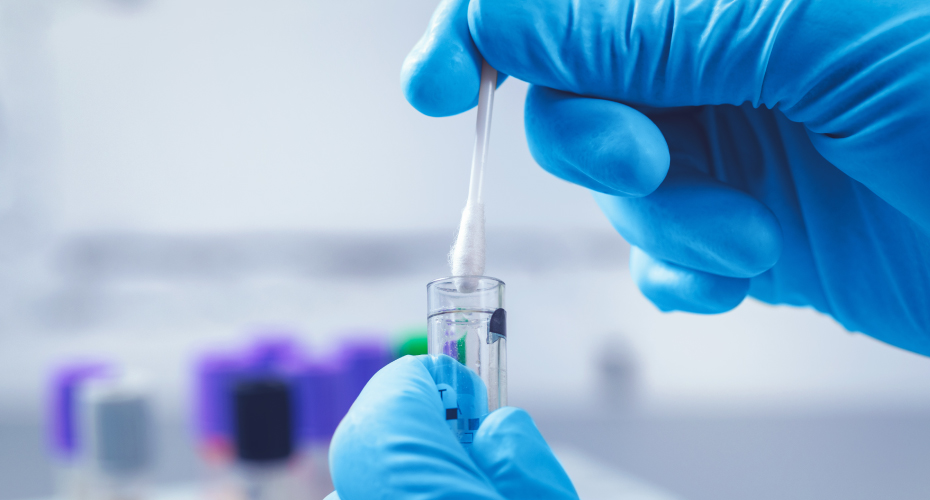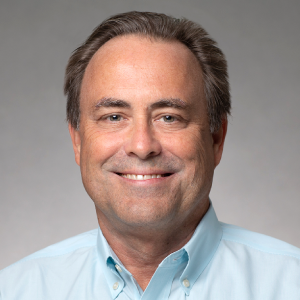Mar 2, 2020
State labs working 24 hours a day to process virus tests
Note: This article is updated by the Coverage team on an ongoing basis as new information becomes available. Contact Coverage if you have questions about the coronavirus you would like to see addressed by our reporters. Subscribe to our newsletter to get our top 5 headlines weekly in your inbox.
Massachusetts state labs are working 24 hours a day to process coronavirus tests, health officials said, as cases increase rapidly in Massachusetts.
“The state lab is doing a superb job of using the test kits that we have, getting the information out quickly, working with local boards of health and clinicians to get them the information they need,” said Dr. Monica Bharel, the state's chief physician, at a press conference.
There are currently nearly 7,000 cases in Massachusetts. More than 500 have been hospitalized, and the rest are isolating at home.
Massachusetts state labs have ordered thousands more tests, Bharel said. The FDA has approved an automated process at the state lab which will speed up testing, allowing 400 tests to be completed in a day rather than 50. Private labs have received approval to process tests as well.
Insurers, including the state's largest, the not-for-profit Blue Cross Blue Shield of Massachusetts, have taken immediate steps to expedite access to testing and care.
"We want our members to know that we support them at this critical time," said Andrew Dreyfus, president & CEO of Blue Cross Blue Shield of Massachusetts. "Our members should face no barriers in getting the care they need as we face the ongoing challenge of the coronavirus."
Testing is done at the discretion of clinicians and state health departments. Currently, the DPH states testing can be done at the state lab for patients including: symptomatic health care workers who are caring for patients; patients who have a cough, shortness of breath, or a fever and have traveled to China, Iran, Italy, Japan, or South Korea; those who have been exposed to a COVID-19 patient; and patients who have a fever and are hospitalized with severe acute lower respiratory illness, such as pneumonia, when there is no other diagnosis such as the flu. Private labs can screen symptomatic patients who live in an area with "community spread" of the virus, which applies to several Massachusetts counties.
Massachusetts expects a 24-hour turnaround of test results from the state lab. DPH releases updated statewide monitoring data on its website.
Massachusetts, said Gov. Charlie Baker at a recent press conference, "is at a distinct advantage: We have the best health care providers and scientists in the country."
DPH is in daily contact with the Centers for Disease Control and other health agencies and is sharing updates with local boards of health and clinicians across the state, Bharel said. The state agency has created a website with the latest information on the virus, guidance for schools, businesses and health care facilities, advice for travelers, and information on virus prevention.
DPH is actively engaged with leadership of hospitals across the state, Bharel said, providing information and support and reviewing their emergency response strategies and "surge plans,” which detail what a hospital would do if faced with a sudden increase in the number of patients.
There are more than 184,000 confirmed cases in the U.S. Worldwide, there are nearly 900,000 cases. Most patients experience mild symptoms, including a fever, dry cough and possibly shortness of breath. However, approximately 15% develop more serious illnesses, including pneumonia, and there is a death rate of approximately 1%.
DPH continues to monitor the supply chain to ensure health care providers have a ready supply of masks, gloves and other supplies needed should an outbreak occur here, Bharel said.
DPH does not recommend healthy people wear masks. According to Dr. Larry Maddof, medical director, bureau of infectious disease and laboratory sciences at DPH, masks “are effective when worn by an ill person in preventing the spread of virus. There is no good evidence that masks are helpful to the general population.”
Massachusetts, like many other states, has closed schools, limited public gatherings to 10 or less, ordered non-essential businesses to close their doors and operate remotely, and urged residents to stay home to limit physical contact with others as much as possible
Bharel also urged residents to remember hygiene best practices to help prevent the spread of any respiratory virus: clean commonly touched surfaces, cover your nose and mouth with a tissue, handkerchief or sleeve when you cough or sneeze and wash your hands often for at least 20 seconds using soap and water.
One clinician’s view of the coronavirus
Did you find this article informative?
All Coverage content can be reprinted for free.
Read more here.

